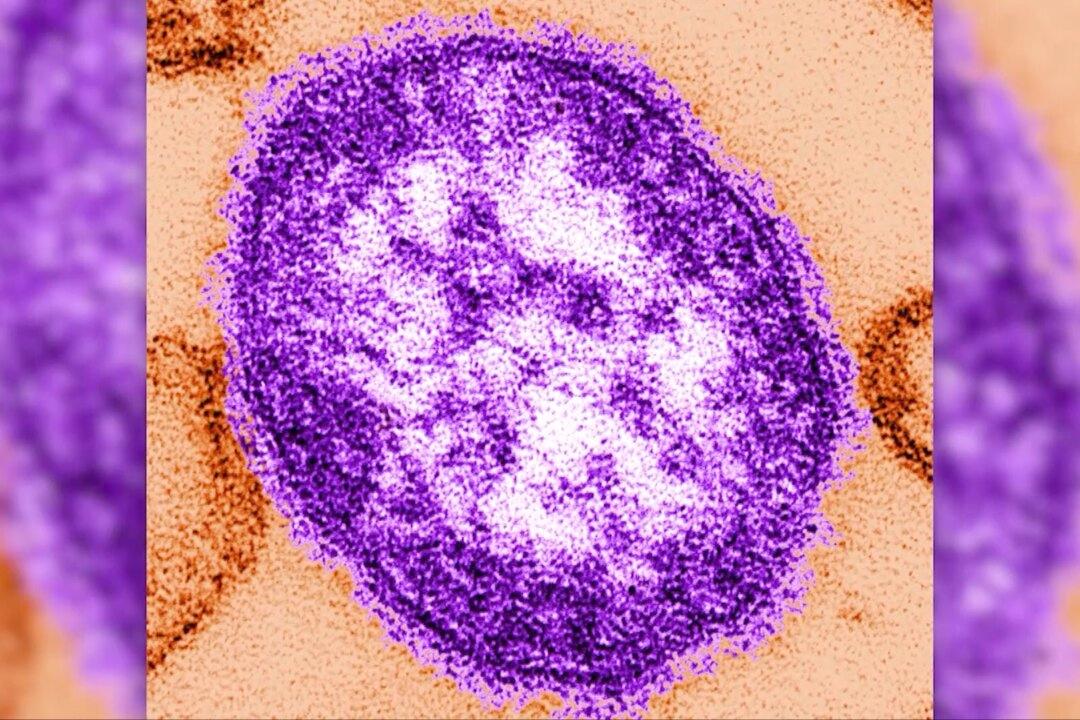Residents in Wisconsin and Illinois have been urged to ensure that they have been vaccinated against measles following the report of measles cases in those states, according to the states’ health departments.
The Illinois Department of Public Health (IDPH) said on Oct. 13 that a measles case had been detected in Cook County, which involved an unvaccinated person who had exposure during international travel.





